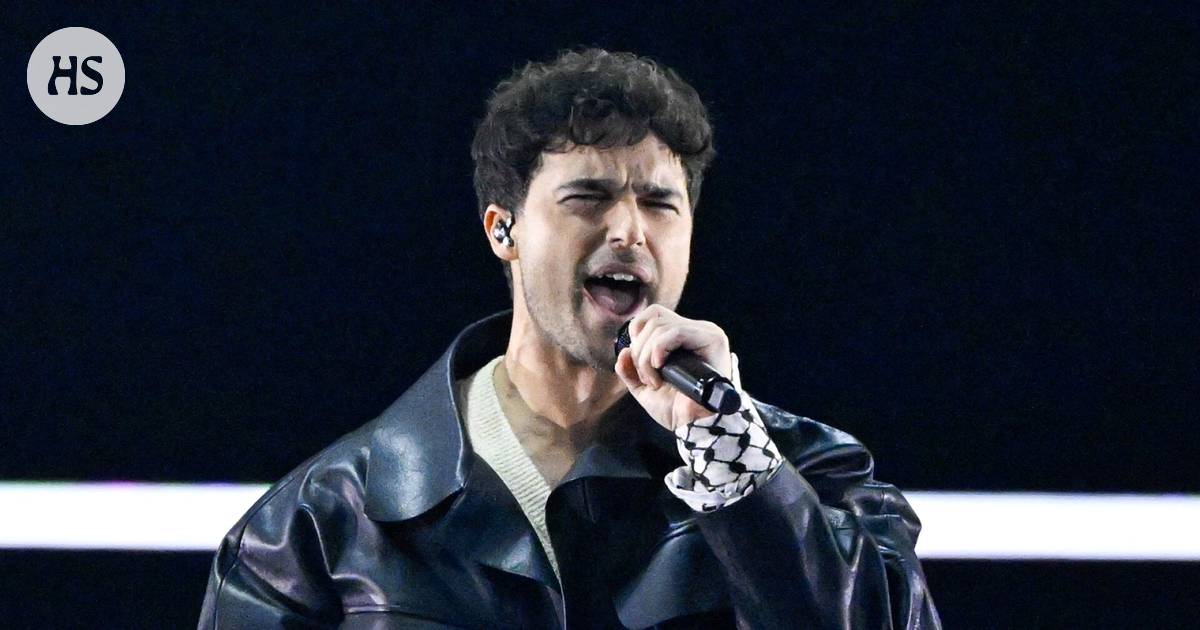The father of Eric Saade, who competed in Eurovision in 2011 with the song Popular, is a Palestinian born in Lebanon.
Malmö
Eurovision the first semi-final started with a program number in which the representatives of Cyprus, who were very successful in previous years’ Eurovision Eleni Foureirarepresentative of Sweden Eric Saade and the representative of Spain Chanel performed their own songs as a potpourri.
Immediately in the opening issue, we also saw a clear reference to the most talked-about topic of this year’s wise men: Israel’s military operations in Gaza.
In some European countries, Israel’s participation in Eurovision has aroused a lot of opposition. Despite this, Israel will participate in this year’s Eurovision as well and will compete in the second semi-final held on Thursday.
On Thursday, a demonstration against Israel’s visa participation will also be organized in Malmö, where up to 20,000 participants are expected. Another demonstration will be held on Saturday, the day of the finals. On the final night in Malmö, there will be a competing alternative to the viz, the “genocide-free song contest” Falastinvision, which aims to celebrate Palestinian culture.
With the song Popular the father of Eric Saade, who finished third in the 2011 Eurovision Song Contest, is a Palestinian born in Lebanon.
Probably because of this, Saade appeared on stage with a “Palestinian scarf” or keffiyeh wrapped around his other wrist. This was visible in close-ups during the live broadcast.
In X, for example, the matter immediately sparked a lot of commentary.
The Swedish newspaper Expressen received Ebu from the European broadcasting company right away on the subject of the comment.
“Eurovision is a live broadcast. All the performers are well aware of the rules of the contest, and we regret that Eric Saade decided to compromise the idea that we keep the contest neutral.”
